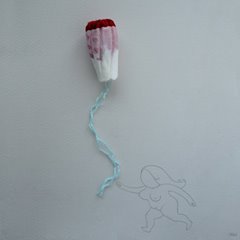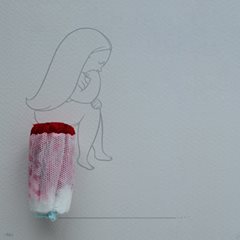While there is very little awareness of facts on menstruation among young girls in India even to this date, a latest national health data reveals that only 7 of India’s 36 states/union territories have 90% or more women in the 15-24 age group who use hygienic protection during menstruation.
Menstrual periods have been associated with several cultural myths and taboos. While looking at it from a socio-evolutionary perspective, just like most cultures, this too have been shaped out to be patriarchal in nature. The consideration of menstruation to be unnatural is not new. Even now, women are considered “impure” during their period, subjected to social, religious and cultural discrimination, according to a study on menstrual health management. It was conducted by a collective of organisations dealing with water, sanitation and hygiene.

Not even 50% women used clean methods of dealing with menstrual hygiene in 8 states/union territories. The mean for these eight states was 43.5%, with Bihar the worst at 31%, according to the National Family Health Survey-4 (NFHS), released in 2015-16. In seven states — Andaman & Nicobar Islands, Chandigarh, NCT Delhi, Kerala, Mizoram, Puducherry and Tamil Nadu — 92% of the female population, on average, used hygienic methods of menstrual protection. Lakshadweep topped the list at 97.1%.
The taboo is so ingrained that usually, women have the “walk of shame” while carrying the sanitary pads wrapped in a black cover in their hands, the infiltration of misconception is so much that menstruation has been considered the “best-kept secret” of women. Not only men but even women shy away from speaking about bleeding. These practices have resulted in a culture of silence around the subject of period hygiene — 70% of Indian mothers consider menstruation “dirty”, as per the findings of the study.
The impact is so alarming that in the rural parts of India, 23% of girls have listed menstruation as the chief reason for dropping out of school. As many as 28% of them said they do not go to school during their period because they lack clean and affordable protection, says reports.
In the urban areas of 11 states or union territories, more than 90% of women used hygienic period protection, according to NFHS-4. Bihar (55.6%), Dadra Nagar Haveli (66.4%), Madhya Pradesh (65.4%), Tripura (56.5%) and Uttar Pradesh (68.6%) are exceptions to the rule that more than 70% urban women in India maintain period hygiene. The numbers are poor for villages, with ten states/union territories reporting an average of 39%. Madhya Pradesh fares the worst at 26.4%. Only two union territories — Lakshadweep (98.4%) and Puducherry (97.8%) – showed a high number of rural women observing clean period protection.
While Indian government is imposing a tax on necessities like sanitary pad and not on things such as sindoor, bangles etc it makes one wonder if that act itself could worsen the situation from here on. Statistically, Rutgers study revealed that for the absorption of the menstrual blood, 89% women used cloth, 2% used cotton wool, 7% sanitary pads and 2% ash. Among those who used cloth, 60% changed it only once a day. These practices could explain why 14% girls reported menstrual infections.
Artwork Courtesy: Raj Kamal


















